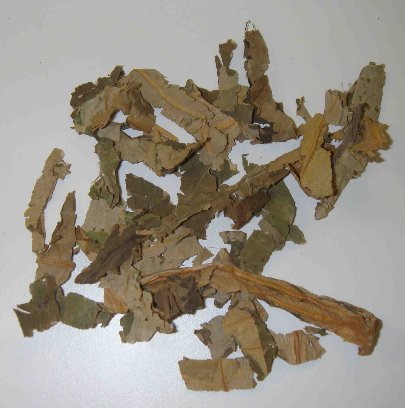He Ye

  | He Ye in TCM:Explore the properties of He Ye according to Chinese
Nutrition and Traditional Chinese Medicine (TCM):
Factoids:
English Name: lotus leaf
Pharmacuetical Name: folium nelumbinis
Properties: bitter, astringent, neutral
Temperature: neutral
Channels: SP, HT, LV
Flavors: astringent, bitter
Special Properties:
clears damp, stops bleeding, resolves summer heat
Alternate Forms:
Lotus Seed (莲子, lotus seed: Lian Zi): The seeds are used to nourish the kidney, heart and spleen, calm the mind, stabilize the essence, and help with palpitations, insomnia, and anxiety. Lotus Root (莲藕, lian ou): As mentioned earlier, it is cooling, nourishing, and beneficial for digestion and blood health. Lotus Leaf (荷叶, lotus leaf: He Ye): Used to promote digestion, clear heat, dampness, and summer heat. Lotus Flower (荷花, he hua): The flowers are believed to have calming effects and are used for their aesthetic and medicinal properties. Lotus Stamen (莲须, lian xu): The stamens are used for their ability to clear heat and promote urination, and they are thought to have diuretic properties. The stamen is sweet, astringent, neutral; stabilize and bind the essence. Lotus Petals (莲瓣, lian ban): The petals may be used for their cooling properties and are sometimes used in teas. Lotus Rhizome (莲茎, lian jīng): The rhizome, or stem, can be used similarly to the root for its digestive and nourishing benefits. Lian Xin (莲心), also known as lotus plumule, refers to the germ or heart of the lotus seed. Lian Xin is bitter, cold; HT, PC; drain HT fire, calm spirit, stop bleeding, and binds the essence;
Actions / Indications:
- Clears summer heat and dampness (fever, irritability,
excessive sweating, scanty urine; diarrhea due to summer heat, obesity)
- Stops bleeding (bleeding in lower jiao due to heat,
commonly combines w/ other hemostatic herbs)
Special Notes:
- There are 8 parts of the lotus plant, each having distinct functions.
The most commonly used in Chinese herbal medicine are Lian
Zi, and He Ye.
- For obesity cook He Ye and Yi Yi Ren together
as a tea, drink daily.
Contraindications:
- (cc: bleeding due to cold or deficiency)
Disclaimer: In accordance with our terms of service, by using this web site you agree that none of the information found on this web site constitutes medical advice. You should always consult your doctor before trying any particular food or herbal remedy to treat disease.
Folk remedies presented on this site are designed to address specifc TCM diagnoses, and are not one-size-fits-all. If you would like to learn more about Traditional Chinese Medicine (TCM) and how it relates to Chinese Nutrition, you can book in a free call with a licensed professional. There is no obligation to purchase.
[CLICK HERE for your free INITIAL CONSULTATION] |

